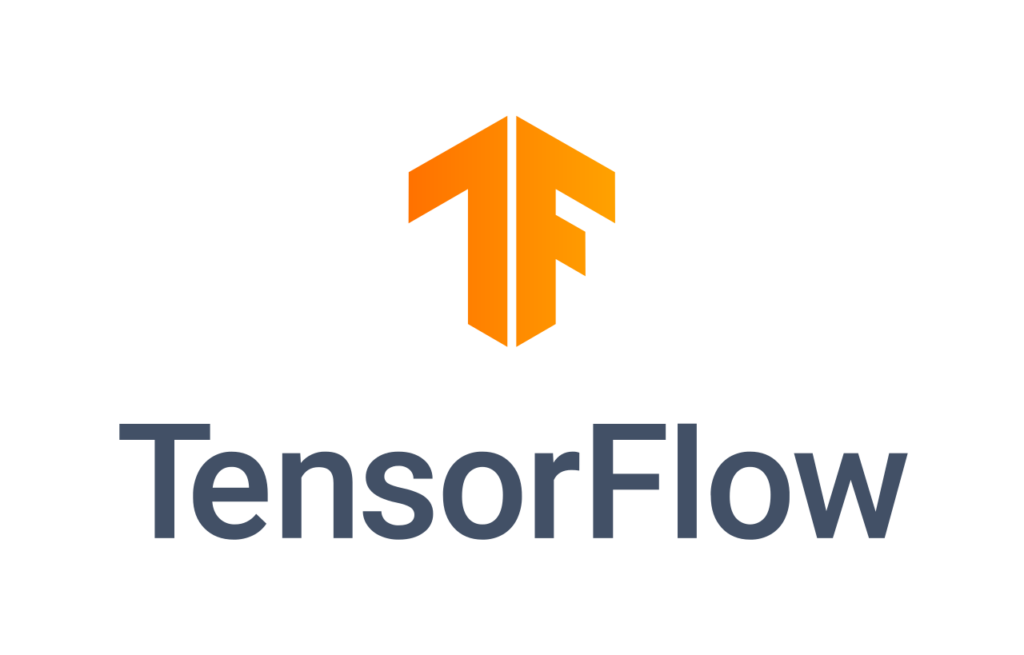- Cincinnati
- Manufacturing
- 4 weeks
- B2C
- Python, AWS, Azure, Ignition by Inductive Automation, industrial sensors and actuators
Project Brief
A consumer goods manufacturing company enlisted our Industry 4.0 consulting services to assist them in their digital transition.
Client Background
The customer has a vast worldwide network of industrial facilities. They encountered problems with manual procedures, data silos, and a dearth of current production performance information. They came to the realisation that in order to be successful in the global market, they would have to employ smart manufacturing technology.
Key Challenges:
Solution:
1. Discovery and Planning
We initiated a comprehensive assessment of the company's existing IT infrastructure, data environment, and production procedures. We talk to the prospects which includes people from production floor operators and top management, to learn more about their goals and difficulties.
2. Development
Our team of seasoned Industry 4.0 consultants worked closely with the engineering and IT divisions of the business to develop and implement a complete digital transformation plan. We used a variety of cutting-edge technologies, such as cloud computing, machine learning, data analytics, and sensors connected to the Industrial Internet of Things (IIoT).
3. Implementation
To deploy Industry 4.0 technologies across our clients' manufacturing facilities, we worked directly with their teams. Setting up data pipelines, using machine learning models, and setting up and configuring IIoT sensors were necessary for this. We also provided comprehensive training to staff members on how to use the new tools and examine the data.
Tools & Technology Used

TensorFlow
ML Library

AWS
Cloud Services

SAP Leonardo
Enterprise Software

Power BI
Data Analytics
Features:
Real-Time Monitoring & Control:
Sensors and Internet of Things (IoT) devices provide a comprehensive view of the factory floor by collecting data in real-time from processes and equipment.
Predictive Maintenance
Predictive maintenance forecasts equipment faults and reduces costs and downtime by analysing sensor data and applying machine learning algorithms.
Supply Chain Optimization
Real-time data from suppliers and logistics partners enables better demand forecasts, inventory control, and delivery scheduling.
Digital Twin
Prior to deployment, manufacturing processes may be simulated and optimised using a virtual version of the factory floor.


